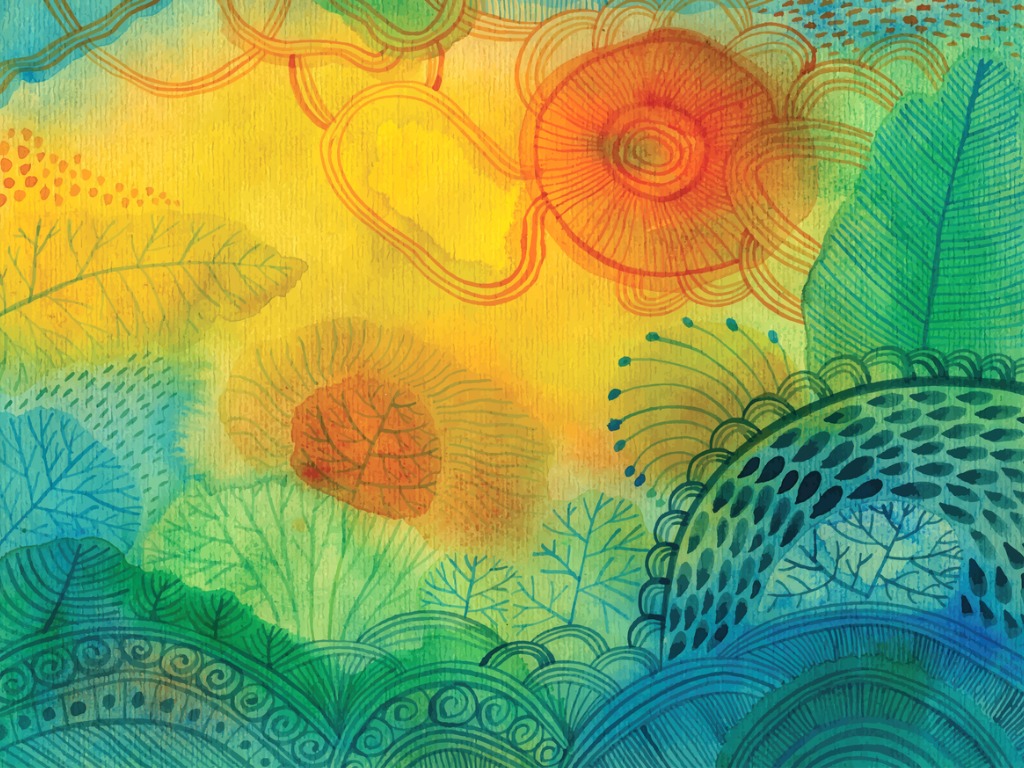
Using an NLP lens, Hira Ali shows us how to be more empathetic
Amidst a global pandemic such as this, people can experience a flurry of emotions. It is natural to feel anxious, scared and to be triggered by the behaviour and actions of other people. As an NLP Practitioner, there are many NLP presuppositions I refer to, to help self-coach myself and those around me. In this time of chaos and mayhem, they couldn’t be more apt. Here are some that can help you in becoming more empathetic towards people and keep your emotions and reactions in check.
1. Each behaviour was the best choice an individual had at that particular time
I know regret can be overwhelmingly powerful and there are many occasions where you feel you could have acted in in a better way. But then how will we learn from mistakes if everything is done perfectly the first time? I know people these days are anxious, and we are continuously judging people for being selfish, for not being mindful or not doing enough, but please understand everyone is trying to cope in the best way known to them and everyone is doing their best with the tools they have available at that particular moment.
2. Behind every behaviour lies a positive intention
The positive intention of any behaviour could be to feel connected or to be heard, contain losses, self-preserve or even to self-protect. It isn’t easy for any of us, none of us have experienced pandemics before so we only act in what we think is in our best interests or interests of our loved ones. It’s worth asking what the person intends to achieve with this behaviour. Examine the scenarios that could be involved in affecting thoughts and actions: loneliness, depression, boredom, old age, insecurity, fears of losing or missing out, health issues. Also, do not disregard timing to be a factor responsible for shaping behaviours in a certain way. Ask yourself: will this behaviour be different, a few weeks from now when the timing is more favourable?
Once we explore the intention behind any problematic behaviour, we can then come up with alternative suggestions to address it and make the person realise that similar benefits can be achieved with a different approach.
3. Respect the model (map/representation) of the other person’s world
This is such a powerful concept and explains why some people react so differently from you even when you are faced with similar situations. Do you often feel frustrated with people for what they do or don’t do? Well, that’s because, simply put, they are not you. Their map is different from yours. Their perceptions, perspectives, and model of the world and hence their way of acting or reacting will not necessarily be the same as yours. In fact, they could possibly be very different from what you believe in or expect. It’s almost like looking through different coloured, tinted glasses. When you look through the red one, the world appears red and when you look through the blue one, the world is blue! Similarly, each individual views the world through his or her own shade of tint and this could be same or different from yours.
It is natural to be affected by what people you care about do or do not do. However, when you start acknowledging ‘the difference of maps’ in various individuals in your life, you will start becoming more empathetic and understanding of how and why they react the way they do.
4. Behaviour and change should be evaluated in their context and ecology
Some negative behaviours emerge as a result of various factors and influences – the absence or presence of which can lead to a change in that belief. Ask yourself if a lack of communication is responsible for your speculation or is it the context of the situation?
This will allow you to see the behaviour in relation to various factors impacting it and thus giving it a wider perspective as opposed to viewing it in isolation. It becomes easier to understand why we may have negative surmises regarding situations or people when we begin to identify and connect with the context. Try replacing the negative opinions with more enabling beliefs by reframing them in a positive light.













